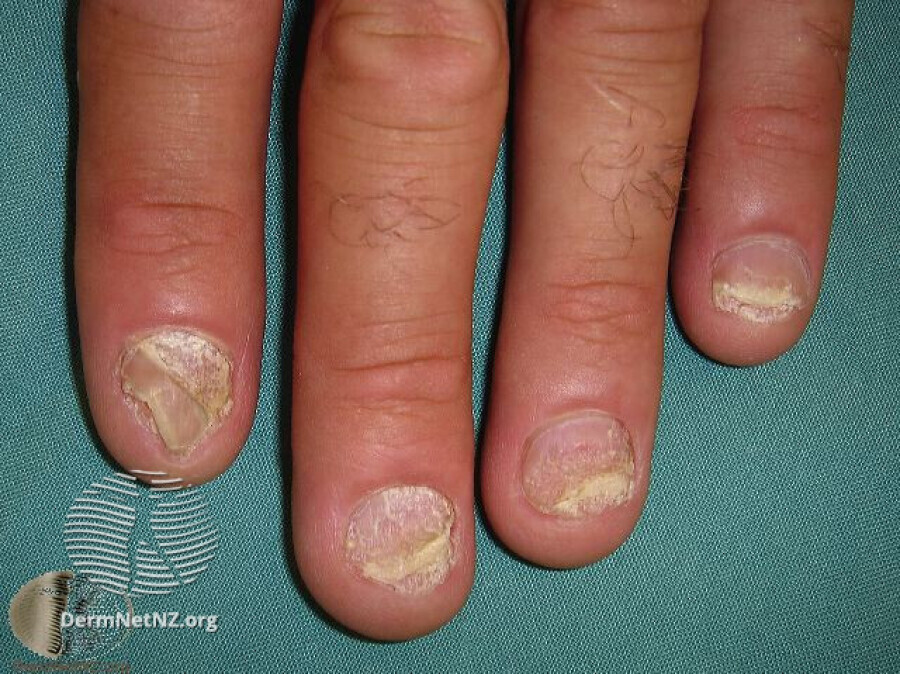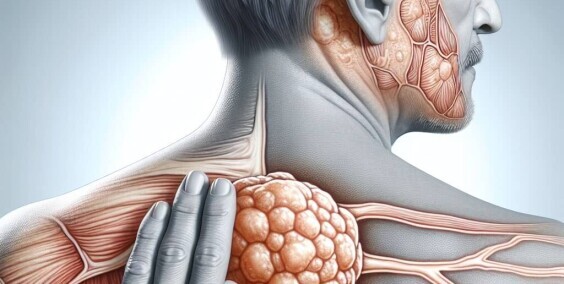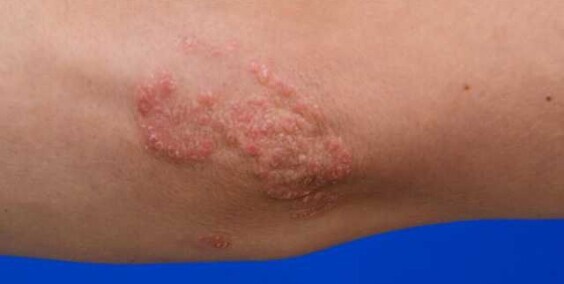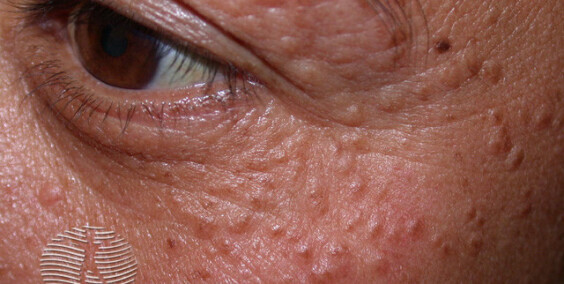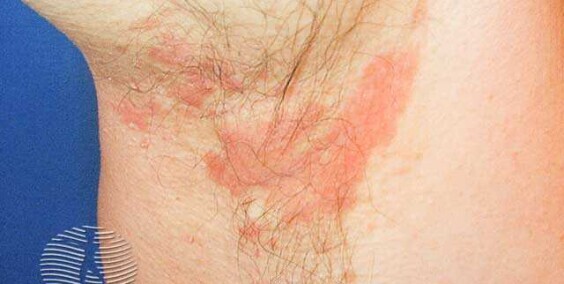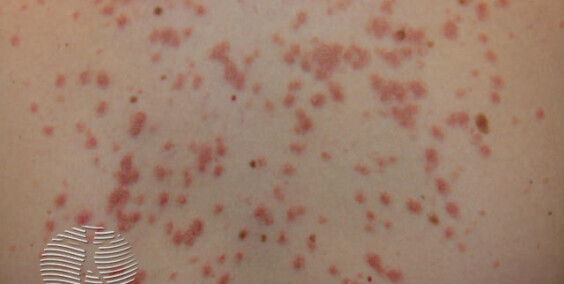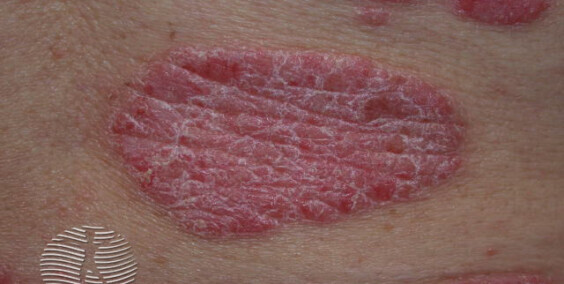Nail psoriasis, a unique manifestation of this skin condition, can
impact both the appearance and health of nails. In this article, we'll
explore the intricacies of nail psoriasis, discussing its symptoms,
effects on nails, and effective care strategies. For a more
comprehensive understanding, refer to related articles on plaque psoriasis,
guttate psoriasis, and inverse psoriasis.
Unveiling Nail Psoriasis
Symptoms:
Nail psoriasis can affect both fingernails and toenails. Common symptoms include pitting (small dents), discoloration, thickening, and changes in nail shape. In severe cases, the nails may detach from the nail bed.
Effects on Nails:
Beyond the visual changes, nail psoriasis can cause discomfort and affect daily activities. The nails may become brittle and prone to breakage, impacting overall nail health.
Recognizing Nail Psoriasis
Distinguishing Features:
Distinguishing nail psoriasis from other nail conditions involves recognizing its specific features, such as pitting and discoloration. Seeking professional advice is crucial for accurate diagnosis and appropriate care.
Medical Examination:
A healthcare professional, often a dermatologist, may examine the nails and, in some cases, recommend a biopsy to confirm the diagnosis of nail psoriasis.
Online;
Check your skin online, by using our AI-based service for skin disease recognition. It is always available, from any place. Just use your phone, take a photo and upload it. Results in one minute.
Managing Nail Psoriasis
Topical Treatments:
Topical treatments like corticosteroids or vitamin D analogs may be prescribed to apply directly to the nails. These treatments aim to reduce inflammation and improve the overall health of the nails.
Oral Medications:
In more severe cases, oral medications may be recommended to address nail psoriasis. These medications work from within the body to control the immune response associated with psoriasis.
Nail Care Strategies
Gentle Nail Care:
Practice gentle nail care to minimize trauma to the nails. Avoiding harsh nail treatments and keeping the nails trimmed can help prevent worsening of symptoms.
Moisturizing:
Regularly moisturize the nails and cuticles to maintain their health. Using a moisturizer that is gentle on the nails can prevent dryness and brittleness.
Nail psoriasis may pose unique challenges, but understanding its
symptoms, effects on nails, and care strategies is essential for those
affected. If you suspect you have nail psoriasis, seek guidance from a
healthcare professional for accurate diagnosis and a tailored care plan.
Stay informed and explore related articles on different types of
psoriasis.
